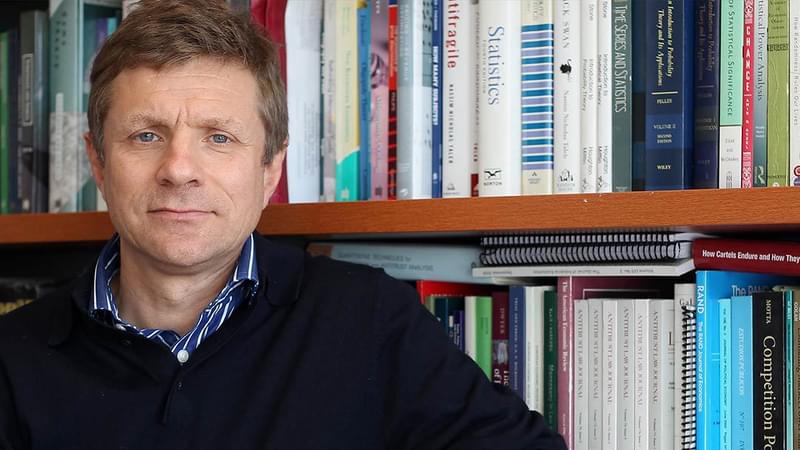A theory of socially inefficient patent holdout

Share
Senior Managing Director, Jorge Padilla recently co-authored a paper alongside Academic Affiliate, Gerard Llobet, for the Journal of Economics and Management Strategy. The paper proposes a framework to analyse holdout in patent licensing negotiations.
Abstract
This paper proposes a framework to analyze holdout in patent licensing negotiations. We show that when the validity of a patent is probabilistic, a potential downstream user has incentives to shun to pay the price offered by a patent holder to license the technology and risk being brought to court. These incentives are exacerbated when jurisdictions are local, and the downstream producer can approach courts sequentially. The informational spillovers across trials imply that this firm often finds optimal to go to court aiming to invalidate the patent in a jurisdiction due to the knock-on effect on future jurisdictions. This process results in excessive litigation compared to when the jurisdiction is global. The distortions from sequential litigation are likely to be aggravated when final competition is accounted for or when patent injunctions are not allowed.
Read the full article (subscription required)
This paper was originally published for Journal of Economics and Management Strategy here. The views expressed are those of the authors only and do not necessarily represent the views of Compass Lexecon, its management, its subsidiaries, its affiliates, its employees, or clients.
Gerard Llobet, Jorge Padilla , A theory of socially inefficient patent holdout (2022).















